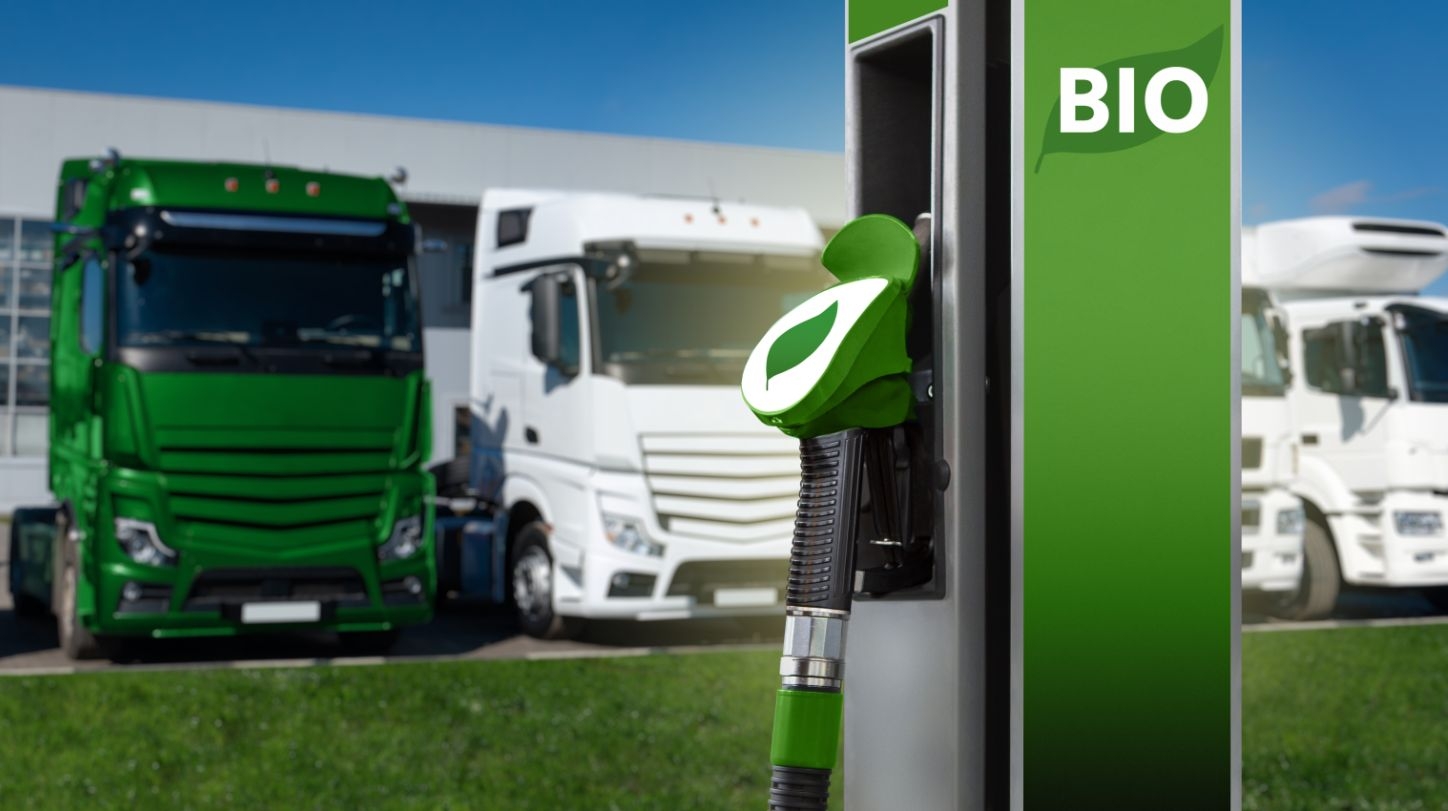Indonesia has introduced a B40 biodiesel mandate and plans to increase it to B50 in 2026

Indonesia is following a strategy of gradually increasing the use of biodiesel with higher palm oil content starting in 2026.
In early 2025, the country introduced a B40 mandate, a biodiesel blend containing 40% palm oil derivatives and 60% conventional diesel. This was the next step after two years of the B35 standard. President Prabowo Subianto is committed to ensuring the country’s energy self-sufficiency. By raising the biodiesel standard, the world’s largest palm oil producer can reduce diesel imports.
"We plan to implement the B50 mandate from 2026, which will hopefully allow us to completely abandon diesel imports. This is part of our strategy to achieve energy independence," Energy Minister Bahlil Lahadalia said during a press conference in Jakarta.
According to the ministry, Indonesia produced 13.15 million kiloliters of biodiesel in 2024, significantly exceeding the planned 11.3 million kiloliters. Thanks to the B35 policy, the country saved about $9.33 billion by reducing diesel imports. In comparison, in 2017, Indonesia produced 3.42 million kiloliters of biodiesel, which contained only 20% palm oil. Since then, production has grown significantly as the proportion of palm oil in biodiesel has gradually increased.
Indonesia plans to produce about 15.6 million kiloliters of biodiesel by 2025. The government estimates that the B40 mandate will save the country at least 147.5 trillion Indonesian rupiah (about $9 billion) and reduce diesel imports to 4.6 million kiloliters.
The government recently announced the creation of a monitoring group to monitor compliance with the B40 standards. Its main goal is to ensure that biodiesel distributed on the market actually contains 40% palm oil.


